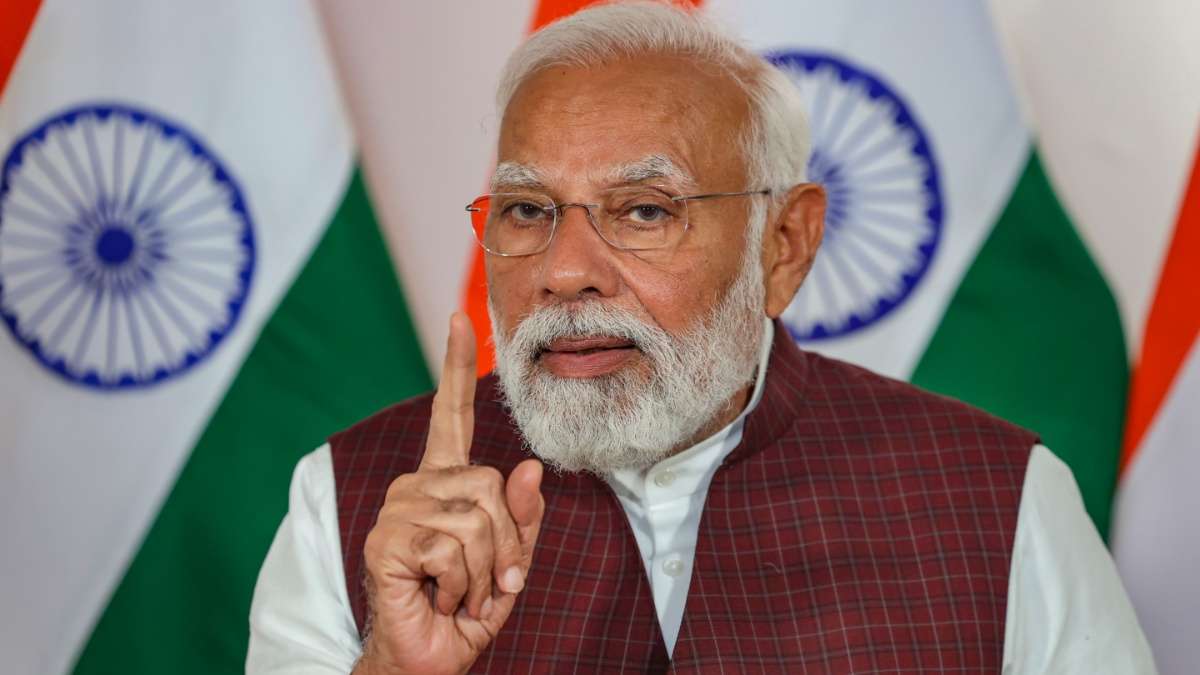Citizenship Amendment Act implemented across India ahead of Lok Sabha Elections 2024
[ad_1]

The Union Home Ministry officially notified the rules for the implementation of the Citizenship Amendment Act (CAA) on Monday, a move anticipated ahead of the impending Lok Sabha election schedule announcement. Home Minister Amit Shah had previously underscored the importance of notifying the CAA rules prior to the elections scheduled for April and May.
Citizenship Amendment Act delayed due to COVID pandemic
The Ministry of Home Affairs (MHA) addressed the delay in implementing the Citizenship Amendment Act (CAA), citing the COVID-19 pandemic as a significant factor. According to the MHA, the Constitution of India affirms the right to grant citizenship to religiously persecuted refugees, emphasizing the humanitarian aspect of the decision.
Constitutional rights and humanitarian considerations
Highlighting the constitutional framework, the MHA emphasized the provision to offer fundamental rights and citizenship to refugees facing religious persecution. This approach reflects India’s commitment to humanitarian principles and upholding the rights of marginalized communities.
Key provisions of CAA rules
The rules, formulated by the Narendra Modi government and passed by Parliament in 2019, aim to grant Indian citizenship to persecuted non-Muslim migrants from Bangladesh, Pakistan, and Afghanistan who arrived in India before December 31, 2014. Eligible communities include Hindus, Sikhs, Jains, Buddhists, Parsis, and Christians.
Online application process
An official confirmed that an online portal has been established for the entire citizenship acquisition process, facilitating a digital application process. Applicants are required to disclose their year of entry into India without the need for additional travel documentation.
Legal standing of CAA
Union Home Minister Amit Shah reiterated that the implementation of the CAA cannot be halted, emphasising its status as the law of the land. He criticised West Bengal Chief Minister Mamata Banerjee for purportedly misleading the public on this matter.
Political implications
The Bharatiya Janata Party (BJP) has consistently advocated for the implementation of the CAA, considering it a significant electoral agenda. The Trinamool Congress (TMC), led by Mamata Banerjee, has vehemently opposed the legislation, setting the stage for political contention.
Delayed implementation
The implementation of the CAA, delayed for over four years, necessitated the formulation of associated rules. Despite the delay, the Ministry of Home Affairs has been actively pursuing the process of framing rules, seeking extensions from parliamentary committees as required.
Citizenship granting authorities
District magistrates and home secretaries across nine states have been authorized to confer Indian citizenship to eligible individuals from non-Muslim minority communities originating from Afghanistan, Bangladesh, and Pakistan. However, sensitive regions like Assam and West Bengal have not been granted these authorities as of yet.
Recent citizenship grants
According to the Ministry of Home Affairs annual report for 2021-22, a total of 1,414 individuals from non-Muslim minority communities were granted Indian citizenship between April 1, 2021, and December 31, 2021, under the Citizenship Act of 1955. These grants were facilitated through registration or naturalization in select states.
Also read | Agni-5 missile: Proud of our DRDO scientists for Mission Divyastra, tweets PM Modi
[ad_2]
Source link
